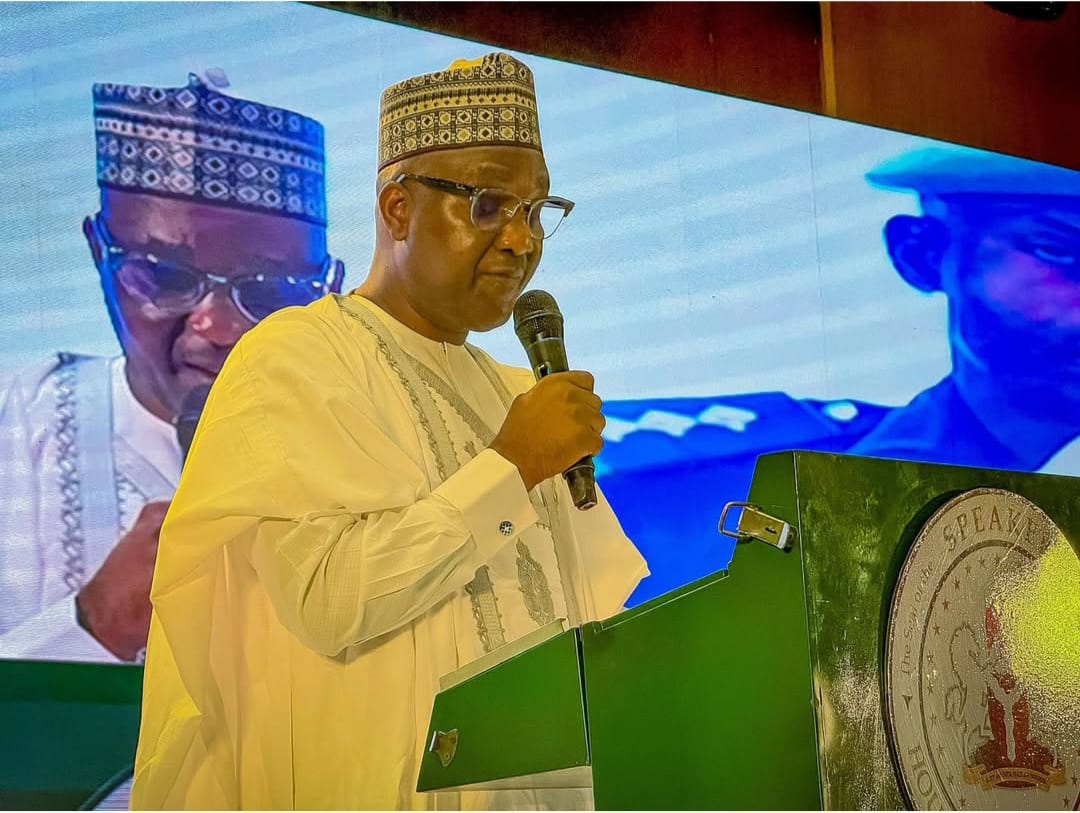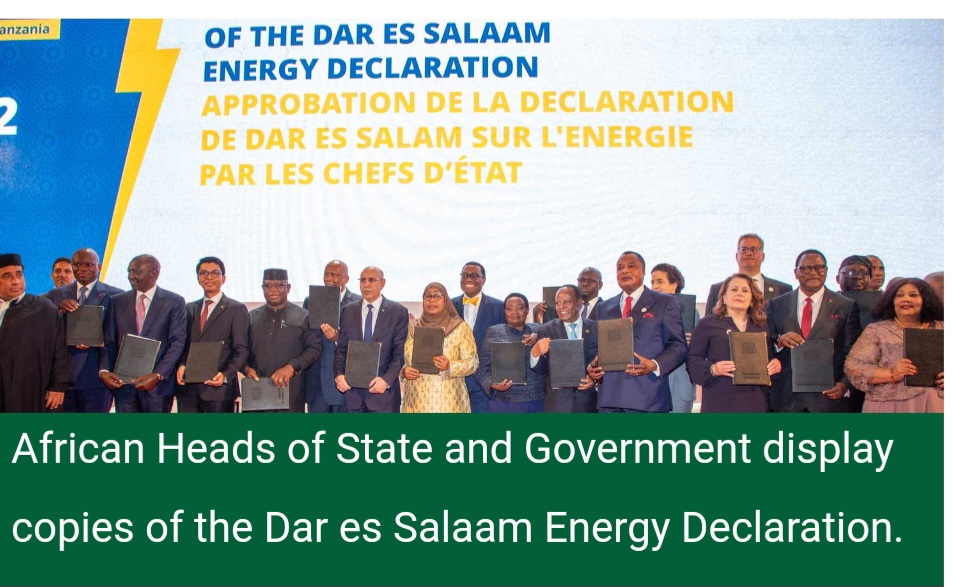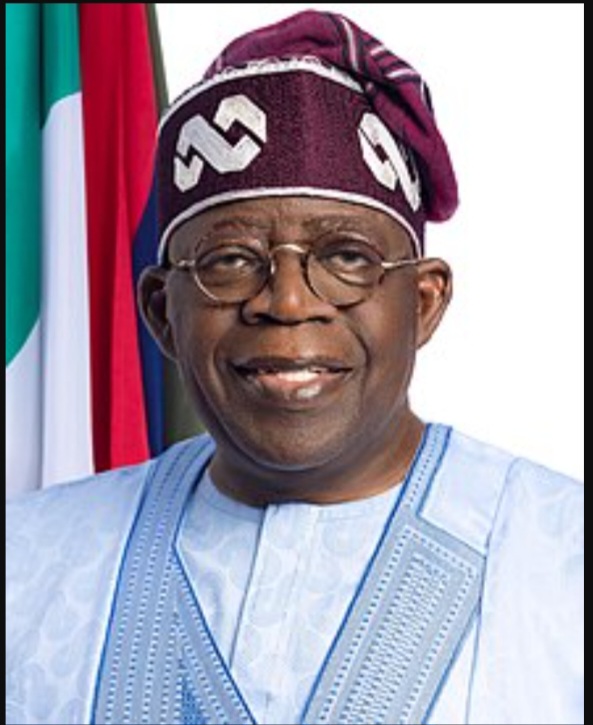The Speaker of the House of Representatives, Mr. Abbas Tajudeen, has described renewable energy as the cornerstone for national development policy
He also declared that the case for renewable energy is compelling, and said that Nigeria has no option but to adopt renewable energy as one of the ways of diversifying the country’s economy.
The Speaker made the comment while declaring open the ‘First Legislative Conference and Expo on Renewable Energy in Nigeria’ organised by the House Committee on Renewable Energy and the United Nations Development Programme (UNDP) in Lagos.

Abbas said that the transition to renewable energy is not just an economic necessity; but holds substantial implications for national policy agendas.
According to him, renewable energy has become central to initiatives aimed at fostering inclusive economic growth, climate adaptation, and industrial innovation.
Abbas said that countries that have embraced this change have decreased their vulnerability to global fuel price fluctuations, improved energy access, and positioned themselves as leaders in the low-carbon economy.
He said that Nigeria is assuming a continental leadership role in the race to electrify Africa, with a bold target to help provide electricity to 300 million Africans by the year 2030.
Abbas said this initiative is a strong demonstration of Nigeria’s leadership on the continental stage.
“On the continental stage, Nigeria has assumed a leadership role. Through our participation in the Mission 300 Initiative with the World Bank and the African Development Bank, we are working to provide electricity to three hundred million Africans by 2030. He said.
The speaker said that while progress has been made, the road ahead requires sustained effort.
According to him, the success of this transition depends on coherent actions across all institutions.
“Legislators must establish sound legal foundations. The executive must implement with integrity and urgency. The private sector must invest in innovation and scale. Civil society must foster awareness, inclusion and accountability. This conference, therefore, provides an opportunity to reaffirm our shared commitment,” he said.
Abbas appealed that the current momentum built so far should not be allowed to dissipate and that the resolutions should lead to concrete outcomes, including model legislation, greater investments, and the adoption of new technologies.
The Speaker also said that renewable energy is no longer a niche concern but a cornerstone of global development policy.
Installed Capacity For Renewable Energy
In 2024, renewable energy additions reached five hundred and eighty-five gigawatts, accounting for over ninety-two per cent of new power generation capacity worldwide.
“The total installed capacity for renewable energy now exceeds four thousand four hundred forty-eight gigawatts, marking a fifteen per cent year-on-year increase. This expansion, led by solar and wind technologies, underscores their cost-effectiveness and scalability.
“Financial flows toward clean energy reinforce this trend. In 2023, of the estimated global energy investment of 2.8 trillion dollars, 1.7 trillion was committed to renewable energy, energy efficiency, and electric mobility. This shift in capital allocation signifies a structural reorientation of the global energy economy, where more sustainable alternatives are increasingly displacing fossil fuels.
“For Nigeria, a country that relies heavily on fossil fuel exports for its earnings, this transition presents both challenges and opportunities. As the global market shifts toward cleaner energy, countries like Nigeria will have no choice but to diversify their economy to maintain their financial stability while seeking investments in renewable energy sources to align with global trends.”

The Need For Robust Legislation And Oversight
The Speaker stressed that a robust legislation and oversight were vital in supporting any national effort at adopting and promoting renewable energy.
“For instance, Egypt’s Renewable Energy Law, enacted in 2014,has spurred investments in solar and wind power. Meanwhile, the European Union’s Renewable Energy Directive establishes binding national targets and promotes harmonized planning. In Germany, early legislation like the Renewable Energy Sources Act paved the way for decentralized energy generation and garnered widespread support.”
He reiterated Nigeria’s commitment to global energy reform, as demonstrated in the Legislative Agenda of the 10th House, which prioritises energy reform.
“Specifically, Strategic Objective 8.5 of our Agenda aims to promote the transition to renewable energy while enhancing clean energy production and access. To achieve this, we are enacting laws that encourage private investment in renewable energy, including offering tax incentives and targeted financing.
“Just a few weeks ago, the House of Representatives passed new tax reform bills that eliminate VAT on renewable energy and compressed natural gas (CNG), among other measures. We are also working to provide legal backing for the government’s Renewable Energy and Energy Efficiency Policy adopted in 2015, which seeks to boost the use of renewable energy, improve energy efficiency, and significantly reduce greenhouse gas emissions.
“We acknowledge the urgent need to provide more access to clean cooking fuels, as this is crucial for public health and the environment. These initiatives are being developed in close collaboration with stakeholders, and the House Committee on Renewable Energy is coordinating legislative priorities in this area.”
The Speaker explained that the President Bola Ahmed Tinubu’s administration’s policy commitments are notable, with the passage of the Electricity Act of 2023, which devolves power over the electricity sector to sub-national governments and ends the federal government’s exclusive control.

In his welcome remark, the chairman of the House committee on Renewable Energy Mr. Victor Afam Ogene, said that renewable energy, as an emerging sector in Nigeria, “has garnered significant attention from the government as a key solution to our electricity power supply issues, and deliberate steps are being taken to harness its potential.”
He noted that the growing consensus that achieving greater energy security and sustainability requires deliberate action to chart a new pathway, in reducing Nigeria’s reliance on fossil fuels as a primary source of energy.
“While we still grapple with finding the right balance between both, it is also important to point out that, paradoxically, we are yet to achieve meaningful energy sufficiency, even with our current focus on fossil fuel-based energy,” Mr. Ogene said.
In a presentation, the UNDP Resident Representative, Elsie Attafuah, highlighted the importance of energy to Nigeria’s future, noting that it has “evolved into national security, economic power, and geopolitical leverage tool and instrument.”
“Energy is the foundation for Nigeria’s economic diversification. Without it, neither industrial transformation nor acceleration is possible,” adding that Nigeria possesses massive potential for energy transition and global power.
The Speaker of the Parliament of Ghana, Alban Sumana Kingsford Bagbin, said the Conference was not just a testimony to the increasing urgency to address energy challenges, but also a call to policymakers, legislators, investors, community and innovators to take action towards shaping a sustainable energy future.
Represented by Ghana’s First Deputy Speaker of Parliament, Bernard Ahiafor, he called on African legislators to play a central role in driving the continent’s transition to renewable energy, emphasizing that sustainable energy is vital for Africa’s development and climate goals.
Ahiafor applauded Nigeria’s efforts in convening stakeholders to identify legislative and policy gaps in the renewable energy sector. He stressed the need for inclusive policies that attract investment, expand energy access, and support local industries.





